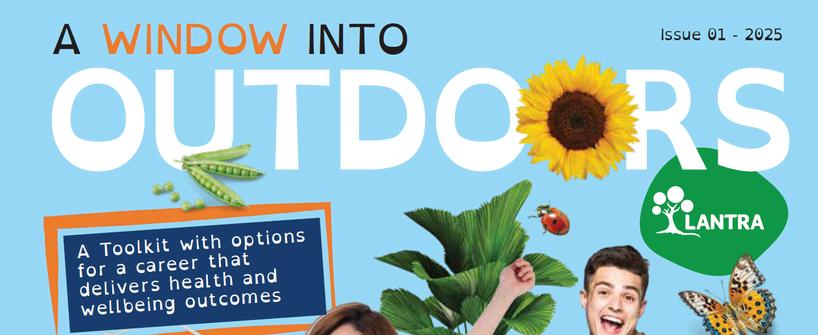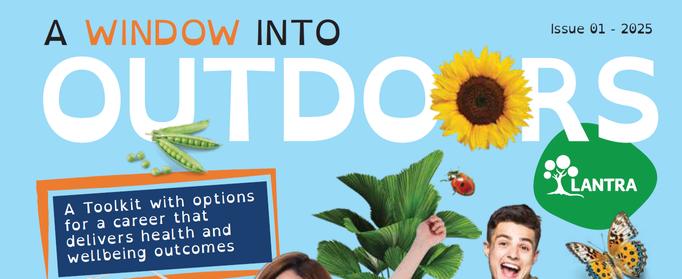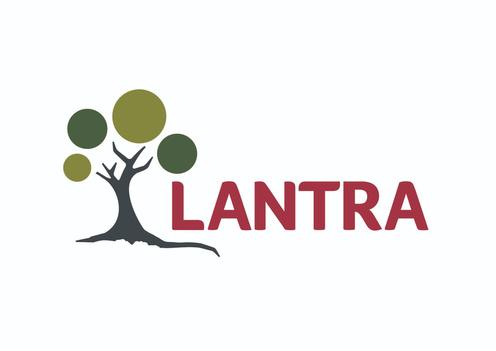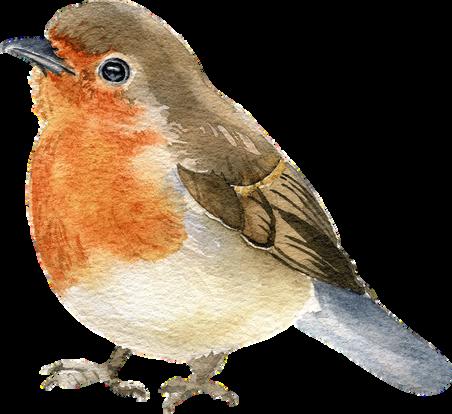


Activity

Food Nutrition and Making Seed Fat Balls
Curriculum for Excellence (CfE) Outcomes and Experiences
Technology:
TCH 2-04a: I am developing dexterity, creativity and confidence when preparing and cooking food TCH 204a
TCH 3-04a: I am gaining confidence and dexterity in the use of ingredients and equipment and can apply specialist skills in preparing food.
Numeracy:
MNU 2-11a: I can use my knowledge of the sizes of familiar objects or places to assist me when making an estimate of measure
MNU 3-11a: I can solve practical problems by applying my knowledge of measure, choosing the appropriate units and degree of accuracy for the task
Duration
Materials 1 class period
Copy of A Window Into Outdoors pages 12 - 13
Bird seed ball recipe
Different kinds of cereals
Spoons
Rolling pins
Sealable bags
Mixing bowls/tubs
Bird seed and oats 400g - to make 2 x fat balls
Lard/suet 200g - to make 2 x fat balls
String

1.Introduction: "Today, we're going to think about animal care, not just for pets but also for wildlife."
2 “One of the jobs that you could have in the animal care sector is that of an ‘Animal Nutritionist’. Can anyone guess what an Animal Nutritionist does?” Write the answers on the board.
3.“They are scientists who analyse the nutritional value of feeds and provide dietary advice to staff from all industries working with animals, such as agriculture, animal care, equine and aquaculture. Animal Nutritionists promote a better understanding of the effect of diet on the health, wellbeing and productivity of animals. They provide advice and information on animal nutrition and design and evaluate the diets of the animals they work with.”
4 “Why do you think being an ‘Animal Nutritionist’ is an important job?” Write their answers on the board.
5 Activity: Food Nutrition. The importance of a balanced diet.
6.Instructions:
Split the pupils into pairs (or small groups depending on resources).
Give them a different cereals and ask them to mix them gently without damaging them in one bowl Instruct the pupils to separate the cereal back out again into their original boxes or bowls.
Ask the pupils if they found that easy or hard? Instruct them to mix the cereal again. Instruct them to put the cereal in the sealable bag. Using a rolling pin/spoon, instruct the pupils to grind up the cereal as small as possible. Once the cereal is ground up, instruct the pupils to separate it again.
7.“Hands up how many of you would pick out food you didn’t like off your plate and only eat the food you did like if you had the choice.” Wait to see the responses.
8.“Animals are just like people in that sense, they will often pick out the food that they really like and leave behind food that is really good for them but maybe not as tasty”
9.“Out of the two tasks you just did, the first where you mixed the cereal together and the second task where you ground the cereal together, which is the hardest one to pick from?” Answer - The ground up cereal
10 “This is why a lot of animal feed is ground up and mixed together to ensure that the animal is getting the full allotment of the right nutrients to keep them healthy.

11. “When creating new animal feed, animal nutritionists have to ensure that it aids animals health, growth and productivity. Finding the precise measurement of ingredients is crucial because even small changes can lead to nutritional imbalances, which means it’s not as effective. So it is important once a recipe is created that it is followed exactly.”
12. Activity: Making Seed Fat Balls
Instructions:
Hand out the recipe and explain that in their pairs (small groups) they will now make their own bird fat balls. Explain that they must follow every instruction exactly and measure out their ingredients precisely.
13. Instruct the pupils to make their fat balls.
14. Wrap-Up: “Who can tell me what we learned about Animal Nutritionists during today’s session?” They create balanced diets for animals, ensuring the receive the right nutrients for health and growth, which is essential for both pets and agriculture. Its important to measure precisely to ensure the animals receive the specified amount of nutrients.


